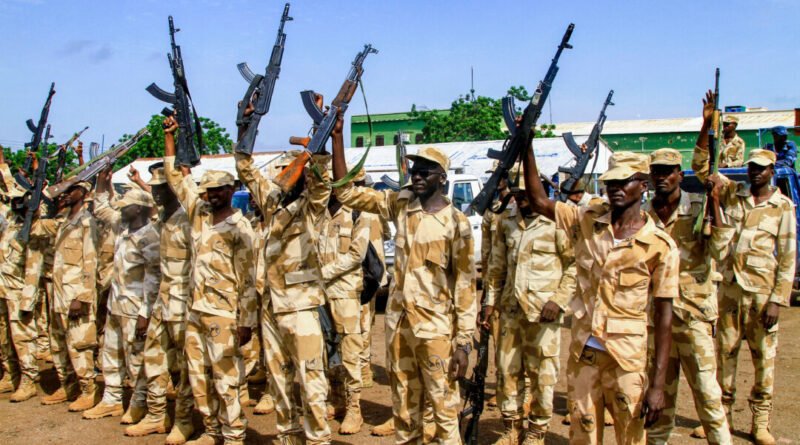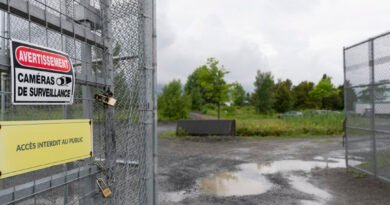Sudanese Military Launch Operation to Retake Control of Khartoum from Rebel Forces
Heavy shelling and clashes between army troops and rebel Rapid Response Forces were reported in the capital.
Sudan’s army conducted artillery and airstrikes in Khartoum on Thursday in its most significant operation to reclaim ground in the capital since the early days of the 17-month war with the rebel Rapid Support Forces (RSF).
The army’s push to retake control of the capital, which it had lost at the conflict’s onset, occurred before a speech by General Abdel Fattah al-Burhan, the army commander, at the U.N. General Assembly in New York.
Burhan stated that any peace efforts relied on the RSF surrendering their arms and accused other nations of supporting the RSF with manpower, finances, and weaponry. He affirmed the army’s determination to defeat and expel these aggressors, regardless of the level of support they receive.
In Khartoum, witnesses observed heavy shelling and clashes as army troops tried to cross the Nile bridges connecting the three cities of the greater capital: Khartoum, Omdurman, and Bahri.
Video recordings depicted dark smoke rising over the capital, accompanied by the sounds of combat in the background.
Army sources indicated that their forces had crossed bridges in Khartoum and Bahri; however, the RSF informed Reuters that they had prevented the army from crossing two bridges to Khartoum.
Despite the accounts, independent verification is pending. Although the army had recaptured some territory in Omdurman earlier this year, their reliance on airstrikes and artillery posed challenges in dislodging the RSF, firmly entrenched in parts of the capital.
The RSF also made headway in other regions of Africa’s third-largest country in recent months, causing a humanitarian crisis that displaced over 10 million people, triggered famine in certain areas, and attracted foreign intervention supporting both factions.
An officially declared cholera outbreak in August added to the population’s suffering, claiming numerous lives according to official reports.
Diplomatic attempts to cease the conflict in the nation failed, with the army declining to participate in meetings held last month in Switzerland.
Contrary to Dagalo’s statements, the RSF continued its offensives this month, tightening the siege on al-Fashir, the capital of North Darfur state in western Sudan.
Al-Fashir remains the last bastion of the army and former rebel allies in the broader Darfur region, where the U.N. and human rights organizations allege ethnically-targeted atrocities by the RSF and its affiliates.
The U.N. human rights office documented summary executions, gender-based violence, and kidnappings in al-Fashir, along with an escalation in civilian casualties.
The RSF refuted these claims. Furthermore, the U.N. Security Council and secretary-general demanded an end to the siege on al-Fashir, home to over 1.8 million residents and displaced individuals.
The conflict originated from tensions between the RSF and the army, vying for power ahead of a transition to civilian governance backed by the international community, which erupted into warfare in 2023.
Prior to the conflict, the army and the RSF held positions of authority following a coup in 2021, two years after the downfall of long-standing autocrat Omar al-Bashir amid a popular uprising.
This report includes contributions from Reuters.




